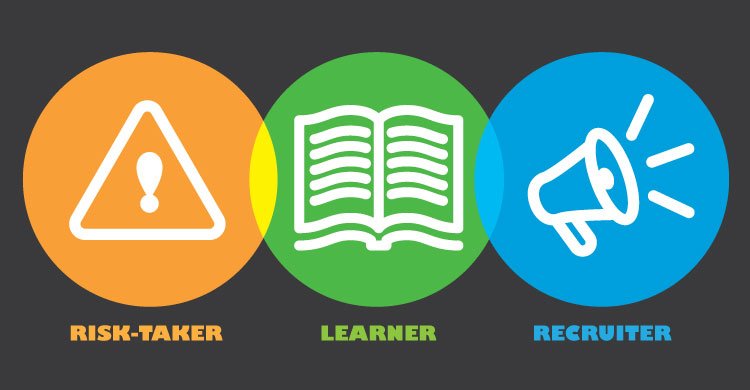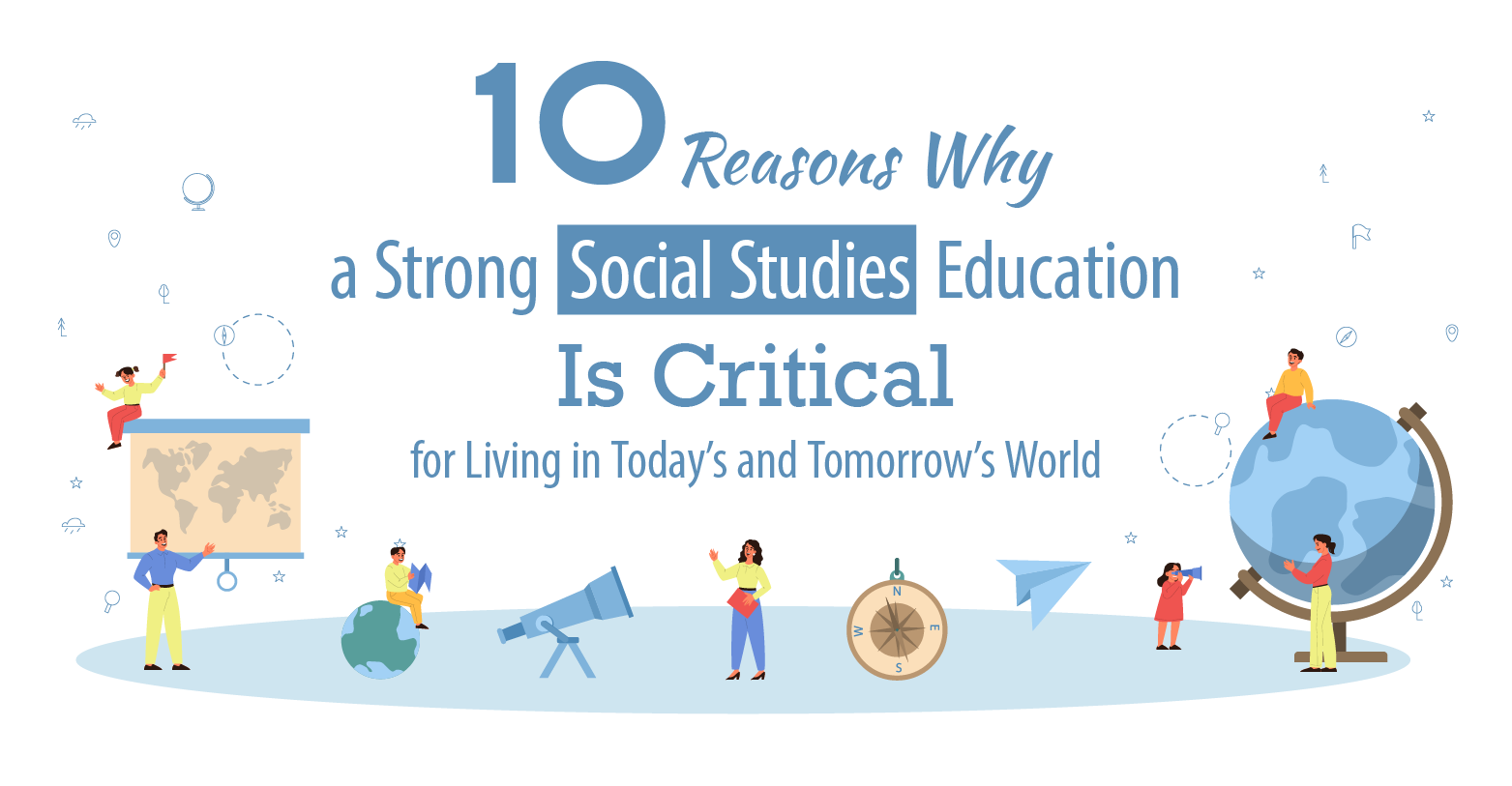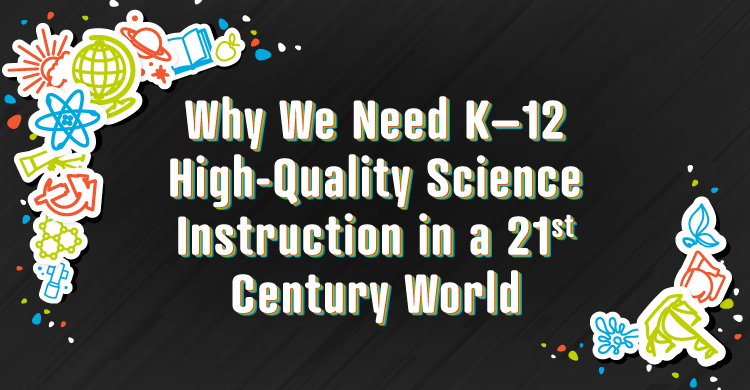“It is not the strongest of the species that survives, nor the most intelligent, but the one most responsive to change.” —Charles Darwin
Becoming an edupreneur requires the dusting off of three dispositions of our younger selves. These are three postures that made many of us fearless warriors in the education arena, taking on every challenge we faced with energy, enthusiasm, and most of all, eagerness.
We owe this gift of an edupreneur’s approach to our remarkably able student body, who are trying hard not to—but most definitely are—leaving us behind. They move along at lightning speed in every aspect of their notable generation. They know how to connect, like no other generation, with the tech tools and a deepened sense of humanity at their disposal. They prefer collegial endeavors, inventing the concept of collaborative teaming up with inventive ideas that spread like wildfire: the flash mob, the massive march on Washington, instant trends with amazing apps developed by ten-year-olds. Yet they balance schedules packed with organized events with their own space—downtime, peer time, and self-only time—and still manage to maintain respectable academic records.
So, in spite of lame rumors to the contrary about millennials, the young people of this generation are rocking their world with innovations launched daily, record-breaking athletic feats in every possible arena, ambassadorships throughout the world, and taking on the roles of troubleshooting activists already advocating for a better, safer, more human society.
In a complementary role, we, as education leaders can fully embrace and adopt the role of edupreneurs. Curious what that might look like? A lingering vision of the edupreneur that emerges embraces three mega-dispositions of risk-taker, lifelong learner, and persevering recruiter, inspired from earlier years as educator extraordinaire. Clustered within the three habits of mind that capture the essence of the modern teacher are descriptors by Reid Wilson (2014). From his visionary list of behavioral dispositions for the modern teacher, he cautions, “21st century teachers are not experts in technology, they are experts in habits of mind.”
Based on Wilson’s perceptions, the following discussion is enhanced with additional insights to illuminate the depth of these predictive observations. For the eager teachers, aspiring leaders, and recruiting educators, the ideal hire may require a very different bar of exceptionalism, just as “Google Hires” has discovered (Friedman, 2014) in screening candidates for their company. Their mention of intellectual humility and stepping in or stepping up when needed give a flavor of the kind of soft skills that rise to the call for star hires.
Risk-Takers
The ones able to step outside their comfort zone, the early adopters of change in digital-rich classrooms, conference spaces, presentation halls, and outside of the brick-and-mortar school will be in demand. Embracing change, not as simple as it sounds, is a key trait we must cultivate in a modern school culture. Look for the ones who welcome that newly assigned classroom, even though it’s small, or dig in earnestly to the adaptable curriculum, invite the incoming principal into their room, welcome the constant stream of new instructional software, and make time for that new kid who shows up five weeks into the term. Look for those who model an active curiosity, questioning everything and offering their own devised answers. Remember, “Kids are born as question marks and leave school periods,” according to Neil Postman (1969). How do we retool our values of conformity and compliance and honor the risk-takers willing and able to upset the apple cart? Are we ready for this kind of sweeping change?
Lifelong Learners
Knowing those genuine learners, celebrating their code of honor as lifelong learners, this habit of mind is authentic and somewhat rarer than one might think. Revisiting Toffler’s prophetic statement, “The illiterate of the 21st Century will not be those who cannot read and write, but those who cannot learn, unlearn, and relearn” (1970) seems particularly relevant.
Thinking about Wilson’s (2014) list of traits of the modern learner, they often actually run toward their area of weakness, not away from it. They show up as the techno-wannabe, the novice volunteer for the spring competition day—and, best of all, they are not afraid to ask for help. They believe they can learn anything, when they adopt the right attitude and put in the needed effort. Lifelong learners see themselves as co-learners in the classroom, and they move easily into their students’ world, even if it’s foreign territory.
In fact, these dedicated learners, as modern teachers, see life as their classroom and learn along with the kids, as well as learning from the students who are experts in an area, when the teacher admittedly is not. This lifelong learner does not shy away from the new, the unknown, and the yet to be fully developed. They jump in and take it from where it is and where they are, and somehow find ways to tackle the mysteries and move confidently forward. These are the dauntless learners who enjoy the journey as much or more that the destination, presenting a picture of the learner, not just seeking the right answer and calling it done, but sincerely enjoying the serendipities of the learning experience.
Persevering Recruiters
Perhaps the least recognizable trait of the modern teacher is the one of the persevering recruiter, comfortable not knowing what’s going to happen, choosing to be vulnerable, and modeling the principle that failure is okay. These persevering recruiters dream big and ask “Why not?”
They are unwavering advocates and do not wait till they’re experts to introduce something; they just do it, modeling an envied resiliency and persistence that is admirable. Wilson’s prediction (2014) about modern-day teachers alludes to an innate level of salesmanship that exudes confidence with their strength and belief in what they are doing. Persevering recruiters take risks as pioneers and early adopters, yet they feel secure asking for help from colleagues and are continually persuading others to come on board. They understand the hard work required to develop expertise and the stubbornness needed to keep going when the challenge is hard.
In Closing
When people are not afraid of failing, they are free to take risks, assume the stance of lifelong learners, and persevere in recruiting others into the realm of becoming a modern forward-thinking educator. As we feel the sense of urgency to think about teaching in a radically transforming way, in this radically transforming world, it will serve us well to embrace the skills and most of all the spirit of these proactive, productive, and philosophically daring habits of mind. This is how one discovers the power the modern teacher has to empower students to new and perhaps unforeseen heights.
References:
Byant, A. June 19, 2013. New York Times. “Adapted for this exercise… Corner Office: Laszlo Bock.” In Head-Hunting, Big Data May Not Be Such a Big Deal.
Friedman, T. February 22, 2014. “How to Get a Job at Google. Hint: Getting hired is not about your G.P.A. It’s about what you can do and what you know.”
Postman, N. and C. Weingardner. 1969. Teaching as a Subversive Activity. New York: Penguin Education.
Toffler, A. 1977. Future Shock.
Side Note: (2009) To Quote, Unquote and Re-Quote. “You’d be forgiven to think it’s ‘his’ book when in fact it is the compilation of many future-thinkers, edited by Rowan Gibson in 1997.”
Wilson, R. (2014) “Wayfaring Path: Profiles of a Modern Teacher.” https://twitter.com/wayfaringpath/status/521996611719688192?lang=en.
[author_bio id=”341″][author_bio id=”53″]






